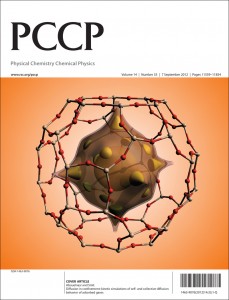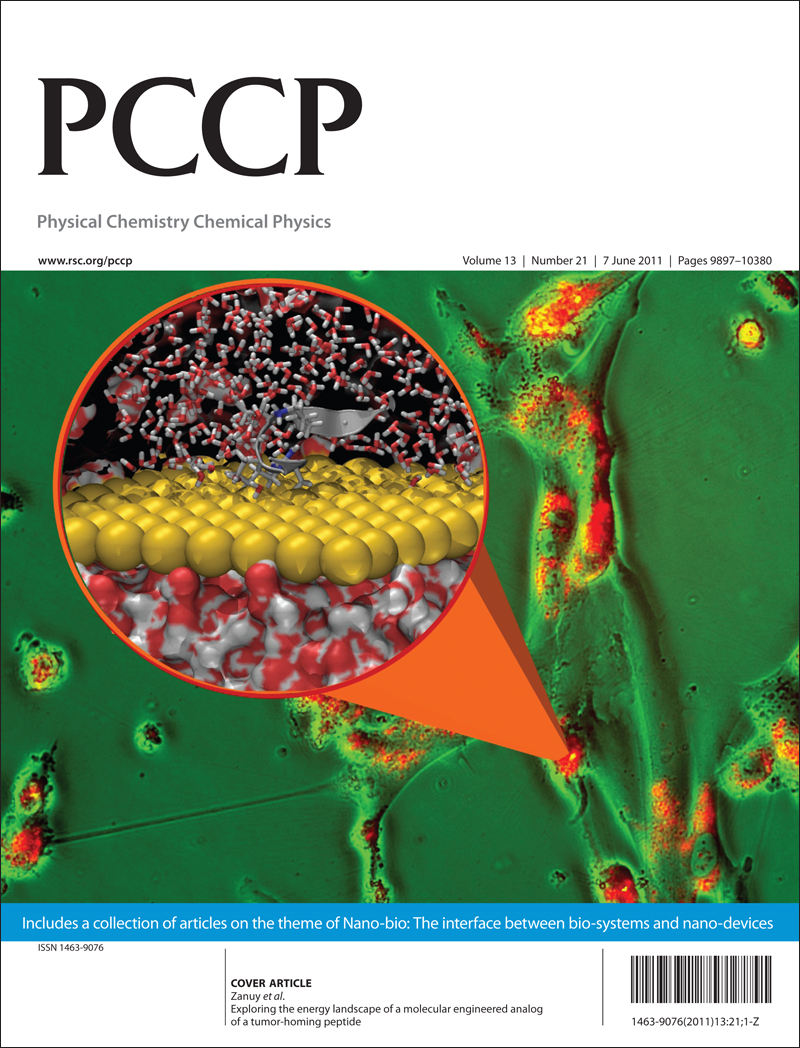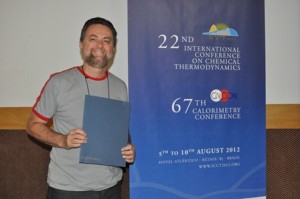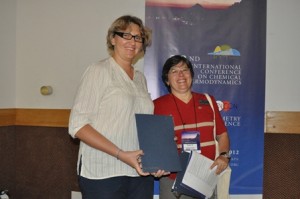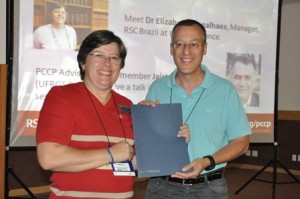PCCP themed issue: call for papers
Scanning tunneling microscopy: revealing new physical chemistry insight
Guest Editors: Professors Li-Jun Wan and Dong Wang (Institute of Chemistry, Chinese Academy of Sciences)
PCCP is delighted to announce the high-profile themed issue on scanning tunneling microscopy. It is our pleasure to invite you to submit to this themed issue.
The themed issue will be published in PCCP in summer 2013 and will be promoted to the community throughout the year to maximise the visibility of the work published.
Deadline for Submissions: 22 February 2013
It has been 30 years since the invention of Scanning Tunnelling Microscopy (STM); allowing scientist to directly image the nano-world at atomic resolution and fuelling the development of a large family of probe-based microscopy. More importantly, STM has opened new avenues to explore the fascinating properties associated with the nano-sized objects, and has stimulated the growth of nanoscience and nanotechnology. As a powerful surface characterization technique, STM is particularly important for surface and interface physical chemistry research.
This themed issue will highlight the role of STM techniques at the interface of chemistry, physics, biology, and material sciences, focusing especially on surface physical chemistry. Topics covered by the issue include:
- Single molecular science by STM
- Supramolecular assembly on surfaces
- Experimental and theoretical description of surface science by STM
- Heterogenous catalysis mechanisms by STM
- Energy and electron transfer at surfaces and interfaces
The deadline for submissions to the themed issue is 22 February 2013, although submissions before this date are of course welcomed. Please do let us know if you are able to accept this invitation by contacting the PCCP Editorial Office.
With our best wishes,
Li-Jun Wan and Dong Wang
Guest Editors
Jane Hordern
Deputy Editor, PCCP
- Manuscripts can be submitted in any reasonable format using our online submissions service
- Submissions should be high quality manuscripts of original, unpublished research
- Communications and full papers can be submitted for consideration, which will be subject to rigorous peer review
- Please indicate upon submission that your manuscript is intended for this themed issue
|


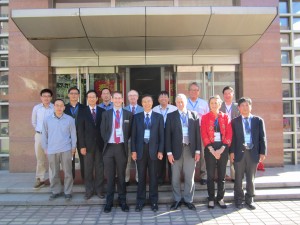











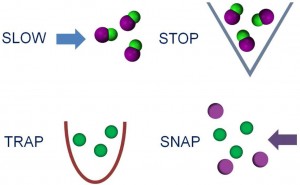
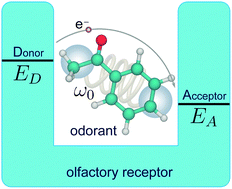 They found that olfactory receptors can pick up molecular vibrations to distinguish between odour molecules.
They found that olfactory receptors can pick up molecular vibrations to distinguish between odour molecules.